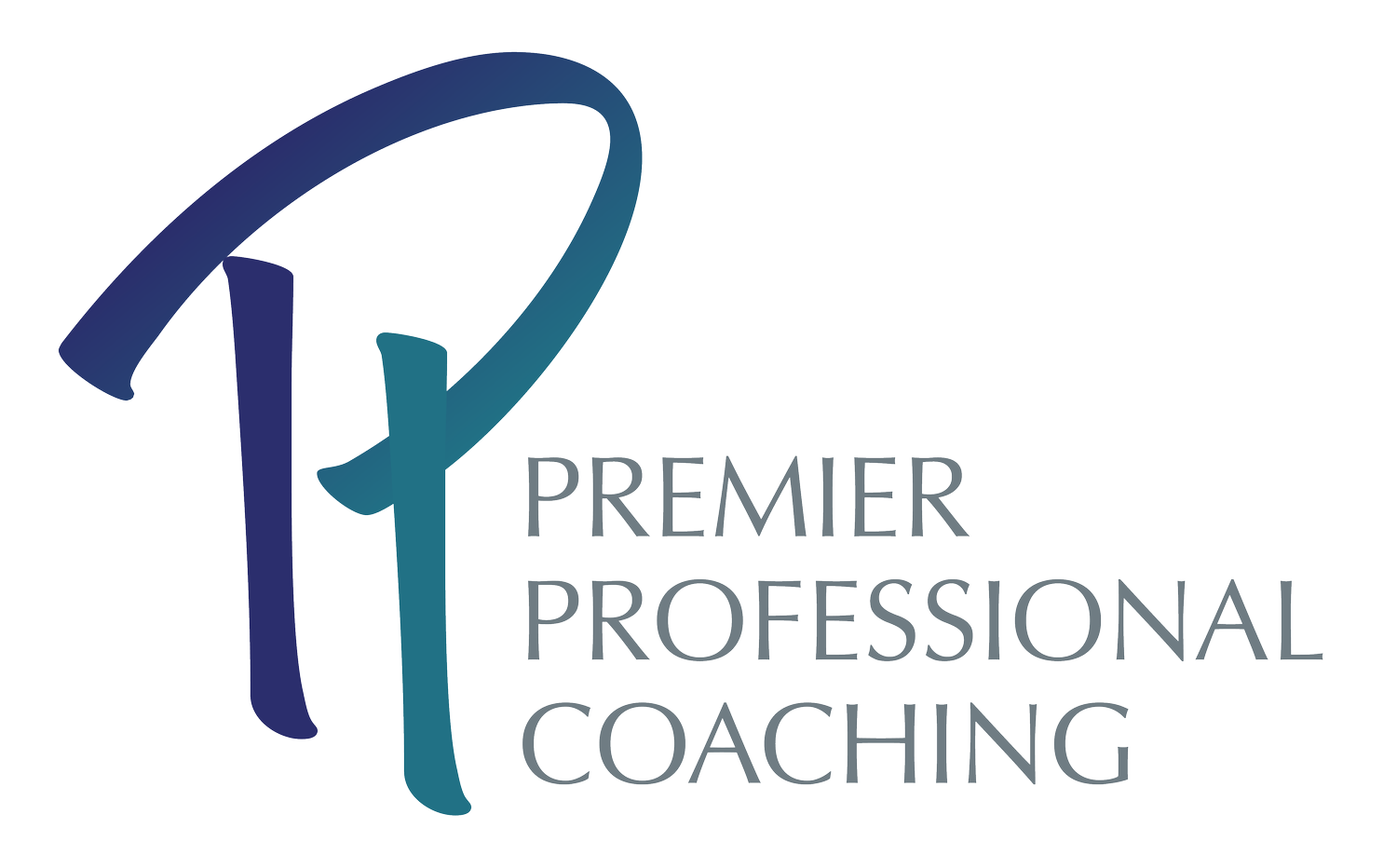Leadership Book Review Blog: The 6 Types of Working Genius
I came across this book in a desperate moment at the airport. I was flying from California to Michigan, about 6 hours of flying and 2 hours of airport time and I had finished my previous book on the way out to California. So there I was, in the Oakland airport at 5am, at the mercy of whatever store was open. Luckily, the tiny shop had an even tinier book section and in it was one professional development book. The 6 Types of Working Genius by Patrick Lencioni.
I thoroughly enjoyed his other books, The Five Dysfunctions of a Team and The Four Obsessions of an Extraordinary Executive, so I was excited to see what he came up with for this book. Not having heard of it, nor knowing what to expect, I quickly grabbed it and headed to the register.
Similar to his other books, Lencioni starts this book with a story, a fable that builds the use case for the framework he discusses in more depth at the end of the book. Though he calls it a fable, it sounds like the story paralleled what he had been experiencing at work and how he and his team came up with the Working Genius framework. His stories are always easy to read. First, they are relatable and you have either experienced what he talks about, or have heard about it from friends or colleagues. Second, the words are big, lines are spaced out, and each chapter is generally between 1-3 pages. You’ll find yourself flipping through the pages quickly. Not only did I write The 7 Habits of Highly Effective People blog on this flight from CA to MI, but I started and finished reading this book as well!
Lencioni starts by saying that he has been using various personality and preference tools for years but has always struggled to apply them to real work scenarios. As I read through this book, I could have sworn I was reading a book written by Gallup or a CliftonStrengths expert. Lencioni leans into the undeniable truths that people who use their natural, God given talents are much more fulfilled and successful than those who don’t, and companies that help people tap into their natural, God-given talents are much more successful than those that don’t.
The 6 types in the model (Wonder, Invention, Discernment, Galvanizing, Enablement, Tenacity) are described as “geniuses.” For example, if you have a natural ability to ponder, speculate, and question the state of things, and that brings you energy and joy, you may have the Genius of Wonder. The framework is easy and after reading this 224 page book, I feel like I could go out and implement the Working Genius without much difficulty.
Will I ever use this model? Probably not. That’s not to say it isn’t good or it isn’t effective, I believe it is. I am fluent in CliftonStrengths and I have used that tool to help individuals and teams become more productive, engaged, and successful. Adding a similar model wouldn’t add value for me. However, I can see where the simplicity would be attractive. I have had managers tell me that they really like working with CliftonStrengths because it is so simple. After learning more about the Predictive Index tool, I can see why CliftonStrengths seems simple. To grasp the Working Genius, you only have to learn six types of genius versus learning 34 strengths.
If you do not have a preferred assessment or tool to enable high performing teams, this might be a good book to start with! Oh, and Lencioni does encourage you to take the Working Genius assessment at the end of the book, but it is an extra $25 fee. Just a heads up!
If you’d like to learn more about how to lean into your innate talents and how they serve your professional growth, talk to me about taking the CliftonStrengths (formerly StrengthsFinder) assessment. I offer Strengths Success Sessions which is one laser-focused session where you will discover how to apply your talents to achieving the goals that are most important to you!
